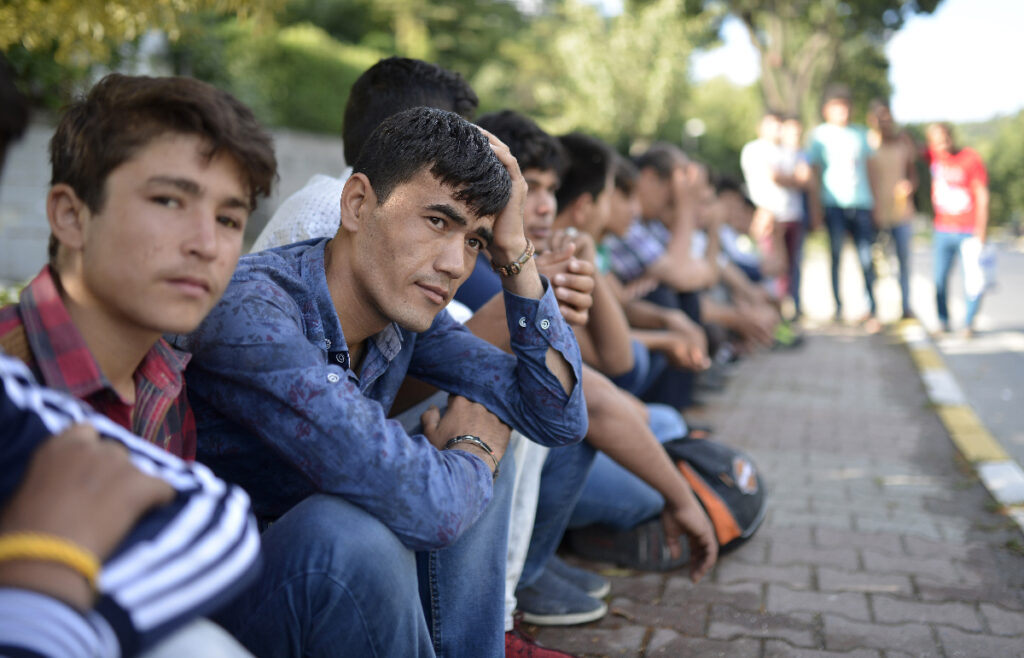Militant Attack in Pahalgam Shocks the Nation
On April 22, 2025, the tranquil resort town of Pahalgam in Indian-administered Kashmir was thrust into the global spotlight following a gruesome terror attack. Armed militants stormed a local area frequented by Hindu pilgrims and tourists, killing 26 civilians, most of whom were visitors from other parts of India. Eyewitnesses described a terrifying scene where the gunmen, clad in military-style uniforms, deliberately separated individuals based on religious identity before executing them at close range.
The attack, claimed by a previously unknown group calling itself the Kashmir Resistance, has been widely condemned. Indian security forces swiftly identified the three assailants involved—two of whom were confirmed to be Pakistani nationals. This revelation has added significant weight to long-standing allegations that militant groups in Kashmir receive cross-border support. While Pakistan denied any involvement, Indian authorities saw this as a clear act of state-sponsored terrorism.
The incident is one of the deadliest in the region in recent years and has rattled a fragile peace in an area long marked by violent insurgency and military presence. In response, Indian forces launched sweeping security operations across Kashmir, placing major tourist areas under lockdown and further intensifying military patrols.
Diplomatic Ties Severed and Borders Closed
India’s government responded with decisive diplomatic and strategic actions. All visas previously issued to Pakistani nationals were immediately revoked, and Pakistani citizens residing in India were given a deadline to leave the country. In a dramatic move, New Delhi suspended the Indus Waters Treaty, a decades-old agreement seen as a rare example of cooperation between the two rivals.
The Attari-Wagah border, the only land crossing between the two countries, was closed indefinitely. Heart-wrenching images from the site showed families being separated, many in tears as loved ones were forced to leave. Human rights organizations called for humanitarian exceptions, but both governments stood firm.
Prime Minister Narendra Modi authorized the Indian military to respond as they see fit, granting them “complete operational freedom.” Defense analysts suggested this could mean anything from precision airstrikes to covert operations, though officials remained tight-lipped about concrete plans.
Pakistan, meanwhile, escalated its own posture. Foreign Minister Azam Nadeem Tarar told state media that intelligence agencies had warned of a possible Indian military strike “within the next 24 to 36 hours.” In preparation, Islamabad closed its airspace to Indian aircraft, expelled Indian diplomats, and formally suspended the 1972 Simla Agreement, which governs bilateral conflict resolution.
Humanitarian Toll and Fear Among Civilians
Beyond the political and military tension, the crisis has had severe humanitarian consequences. Thousands of people with family ties across the border have suddenly found themselves cut off. At the Attari crossing, Ahmed Sheikh, a 62-year-old businessman from Lahore, broke down as his daughter—married to an Indian citizen—was forced to leave without him. “They treat us like enemies, but we’re just family,” he sobbed.
In Kashmir, tourism—a key source of income—has collapsed. The state government ordered the closure of more than half of its tourist destinations, citing security concerns. Hotels and guesthouses in Pahalgam and Gulmarg reported mass cancellations, while local businesses warned of devastating economic fallout.
Schools in border towns have shut down, and bunkers are being prepared. Civilians living near the Line of Control, which divides Indian and Pakistani Kashmir, reported hearing artillery shelling over the weekend. Many are stocking up on essentials and preparing for a worst-case scenario.
Global Reactions and Warnings of Escalation
World powers have expressed growing alarm. The United Nations called on both sides to exercise maximum restraint, urging them to return to diplomatic dialogue. The U.S. State Department issued a statement emphasizing the importance of de-escalation, stating, “India and Pakistan are nuclear-armed neighbors. Dialogue, not conflict, must be the path forward.”
The United Kingdom and France echoed similar concerns, while regional powers such as China and Russia have remained mostly silent, likely wary of taking sides in a sensitive and volatile situation.
Despite reassurances from both governments that they are not seeking war, tensions remain dangerously high. Analysts warn that even a small miscalculation, whether a misfired shell or a misunderstanding at the border, could spiral into a larger conflict.
The world watches closely as the two nations navigate this critical juncture. With public anger rising on both sides, and political leaders under pressure to act decisively, the risk of escalation remains significant unless urgent diplomatic channels are re-established.


